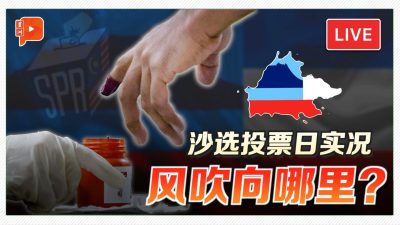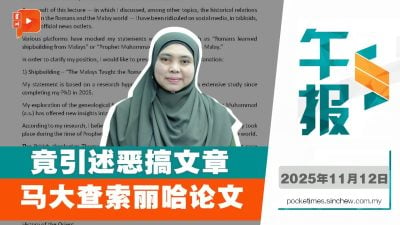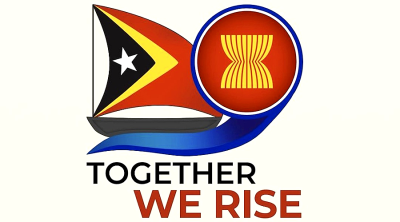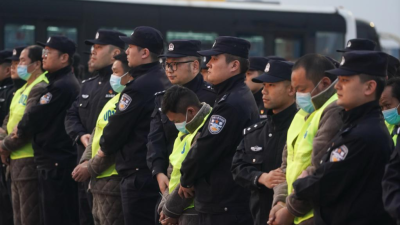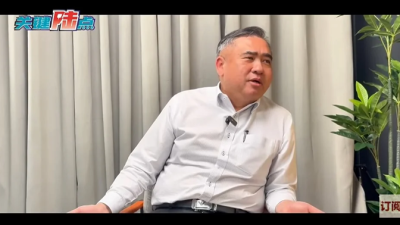
COVID-19 elections are possible but difficult. This has been showcased in many elections around the world, including Malaysia.
We witnessed several state elections in this pandemic.
We all know that COVID-19 has had various effects on elections; however, we cannot stop the elections entirely as it is one of the key instruments of democracy.
COVID-19 imposes challenges throughout the election process.
After two years living in the pandemic and experiencing several state elections while leading to the upcoming 15th general election (GE15), the recent controversy of a COVID-19 positive patient who was at the polling center to cast her vote came at the right time for us to again discuss the topic whether COVID-19 is an excuse to deny our right to vote.
The health ministry has defended an RM1,000 fine after concerns that the authorities had denied the woman her constitutional right to vote.
There are two sides to the concerns in this matter.
Some have defended the decision by the health ministry and raised anger to that woman with the opinion that she has put others in danger with the fear of spreading the disease.
On another side of the concerns is the constitutional right to vote. The authorities should not have taken away her right. Instead, voting accessibility should be made for COVID-19 patients and those on home quarantine.
The Federal Constitution does not deny us the right to vote based on our medical conditions.
There have been occasions in the past that some hospitalized patients could cast their ballots. What then is the difference with COVID-19 patients?
The fear of spreading the disease is undeniable; however, it is not just that they should be denied the right to vote.
There are certainly debates around the legislations, including the Elections Act which does not have any clause that can be justified for the authorities to use it to deny the rights of COVID-19 patients or those in quarantine to vote.
However, this opens up more discussions and not solely legislation framework.
This reveals not only the failure of the authorities to facilitate this after two years in the pandemic, but it also triggers speculations about whether our authorities encourage people to vote?
The Election Commission (EC) has to introduce procedures to accommodate this segment of voters. If they are as lauded in their awareness campaigns, why is there still inconsistency in the voting guidelines?
High abstention rates could undermine the legitimacy of elections and can impact the direction of a country.
There has been increasingly extensive evidence that electoral participation is affected by COVID-19, where most countries that have held elections during the pandemic have witnessed lower turnout.
Naturally, many voters could feel uneasy about visiting voting polls to cast their ballots.
High abstention rates could undermine the legitimacy of elections and can impact the direction of a country.
The authorities such as EC should take all measures possible to ensure that more voters can cast their votes with a sense of safety and help the public know and understand the measures.
This is a situation that must be quickly rectified as GE15 is approaching.
Health Minister Khairy Jamaluddin, in responding to this, suggests that the government should wait for the public health situation affected by the COVID-19 pandemic to be stabilized first before holding the GE15.
While I agree that COVID-19 is a challenge, we have witnessed several waves for the past years in the pandemic.
We have seen how countries with better management of COVID-19 such as Vietnam, South Korea, Japan, etc., also experience the bad hit from the pandemic.
Malaysia is one of the countries with the highest vaccination rates, yet the numbers of COVID-19 remain high.
There then opens up the unending discussions as to when will we see the COVID-19 situation stabilized?
The COVID-19 pandemic has brought these questions to the forefront and presented an unprecedented challenge in delivering accessibility at the ballot box.
Elections involve the movement of people on polling day where election staff, candidates and voters can be exposed to the virus.
For instance, a voter in the Melaka state election tested positive for COVID-19, leading to the need for sanitization of the voting station.
However, it should not be an excuse for the authorities to not come up with alternatives to ensure their voting rights are protected and that the accessibility to the ballot box should be facilitated.
Elections need inclusive voting practices in place to overcome these problems.
COVID-19 is not going away soon. Modifications to existing voting methods need to be agreed upon and legislated immediately and not to be ignored.
The focus should be on what types of options benefit most citizens and promote higher turnout.
Given the crisis that COVID-19 has provoked on how we should run elections, I wonder, “why not consider the technology that we have?”
(Khoo Ying Hooi is Universiti Malaya Senior Lecturer.)
ADVERTISEMENT
ADVERTISEMENT







